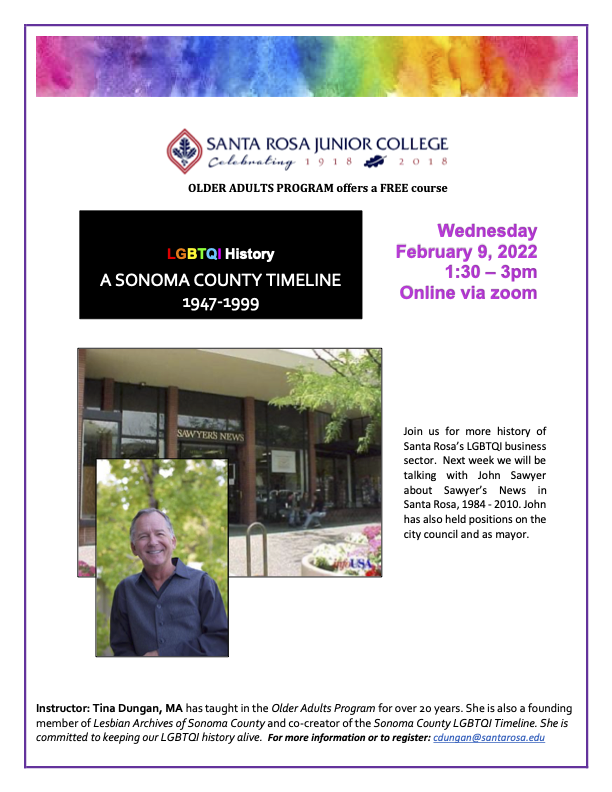South Dakota Gov. Kristi Noem signed a bill Thursday that bans transgender girls and women from playing on female sports teams, making the state the first this year — and the 10th nationwide — to enact such a bill into law.
“This bill has been an important priority for a lot of the people behind me,” Noem said as she signed the bill at a news conference, “and I appreciate all of their hard work in making sure that girls will always have the opportunity to play in girls sports in South Dakota and have an opportunity for a level playing field, for fairness, that gives them the chance to experience success.”
Noem vetoed a similar bill in March because she said the legislation wouldn’t survive legal challenges. Later that month, she issued two executive orders that restricted participation on female sports teams to those assigned female at birth.
Transgender inclusion on sports teams has become one of many culture war issues that LGBTQ advocates say conservative officials are using to fire up their base ahead of the midterm elections.
Proponents of trans sports bans, including Noem, argue that they are protecting fairness in women’s sports. Most of the bills ban trans athletes from playing on the sports teams of their gender identity in public K-12 schools, some private schools and in colleges and universities.
South Dakota’s law applies to all state-accredited schools, which generally includes both public and private schools, according to a spokesperson for the governor. If a student, accredited school, school district or institution of higher education “suffers direct or indirect harm” as a result of the law being violated, the law allows them to sue the school, association, government entity or other body that caused the alleged harm.
Supporters of the bans argue that trans girls and women have inherent advantages over cisgender girls and women, who identify with their sex assigned at birth.
But trans advocates say the bans are a solution in search of a problem. For example, last year, The Associated Press reached out to two dozen state lawmakers considering trans athletes bans and only a few could provide examples of trans inclusion causing a problem on sports teams.
Recently, though, many proponents of the bans have pointed to Lia Thomas, a trans University of Pennsylvania swimmer who swam the fastest times in the nation this season in the 200-yard freestyle and 500-yard freestyle at a meet in December and qualified for the NCAA championships.
For trans advocates and athletes, the issue is about more than just sports: It’s about their right to exist and still have access to the same opportunities that cisgender people do.
Kris Wilka, a 14-year-old trans boy who lives in Sioux Falls, South Dakota, said during a news conference last year that “it wasn’t really until sports that I could be myself, because I could just be one of the dudes.”
He said he had to transfer schools after his middle school wouldn’t allow him to play football because he’s trans.
“Sports is my life,” he said. “My world revolves around football, and I don’t know if I would be able to function without it.”
South Dakota’s law will bar him from playing on the football team once it takes effect.
Lawmakers in some states aren’t just targeting trans inclusion on sports teams. Last year, over 20 states also weighed legislation that would ban trans minors from accessing gender-affirming medical care such as hormones and puberty blockers. Two states — Arkansasand Tennessee — passed such legislation into law, though a judge blocked Arkansas’ law from taking effect in July. So far this year, at least 10 states are considering similar legislation.
The South Dakota House on Tuesday also passed a bill that bars transgender students from using the bathrooms and other sex-segregated school facilities that align with their gender identity.
Advocates say the rhetoric surrounding the bills is dehumanizing to trans people. For example, during a committee debate last week on South Dakota’s trans athlete ban, the governor’s chief of staff, Mark Miller, defended the bill and likened trans inclusion in sports to terrorism.
“By putting it in law, we are ensuring that what we’re seeing all over the country does not happen in South Dakota,” he said. “It’s sort of like terrorism: You want to keep it over there, not let it get to here.”
Cathryn Oakley, state legislative director and senior counsel for the Human Rights Campaign, the nation’s largest LGBTQ advocacy group, said the “inflammatory rhetoric shows just how untethered Noem and legislators are from the realm of science, evidence, or reality.”
“Governor Noem seeks to become the face of discrimination and fear-mongering by putting a target on the backs of vulnerable children who already fear for their safety and well-being,” Oakley said in a statement.
She added that South Dakota’s trans athlete ban and bathroom bill “will harm transgender kids, adding to a dangerous wave of violence against transgender and gender non-binary people across the country that is being fueled by misinformation, discriminatory laws, and divisive political talking points.”
Last year was the deadliest on record for transgender people, with at least 53 trans or gender-nonconforming people violently killed, according to the Human Rights Campaign, which has been tracking the violence since 2013.
In addition to fueling anti-trans violence, advocates say the wave of anti-trans legislation is affecting LGBTQ youths’ mental health. A 2021 survey by the Trevor Project, an LGBTQ youth suicide prevention and crisis intervention organization, found that two-thirds of LGBTQ youth said recent debates “about state laws restricting the rights of transgender people has impacted their mental health negatively.” More than 4 in 5, or 85 percent, of trans and nonbinary youth said the bills had negatively impacted their mental health.
South Dakota’s law could face legal challenges.
In July, a federal judge blocked West Virginia’s trans athlete ban from taking effect, pending the outcome of a lawsuit filed by the American Civil Liberties Union on behalf of Becky Pepper-Jackson, an 11-year-old who wanted to try out for her school’s girls cross-country team.

